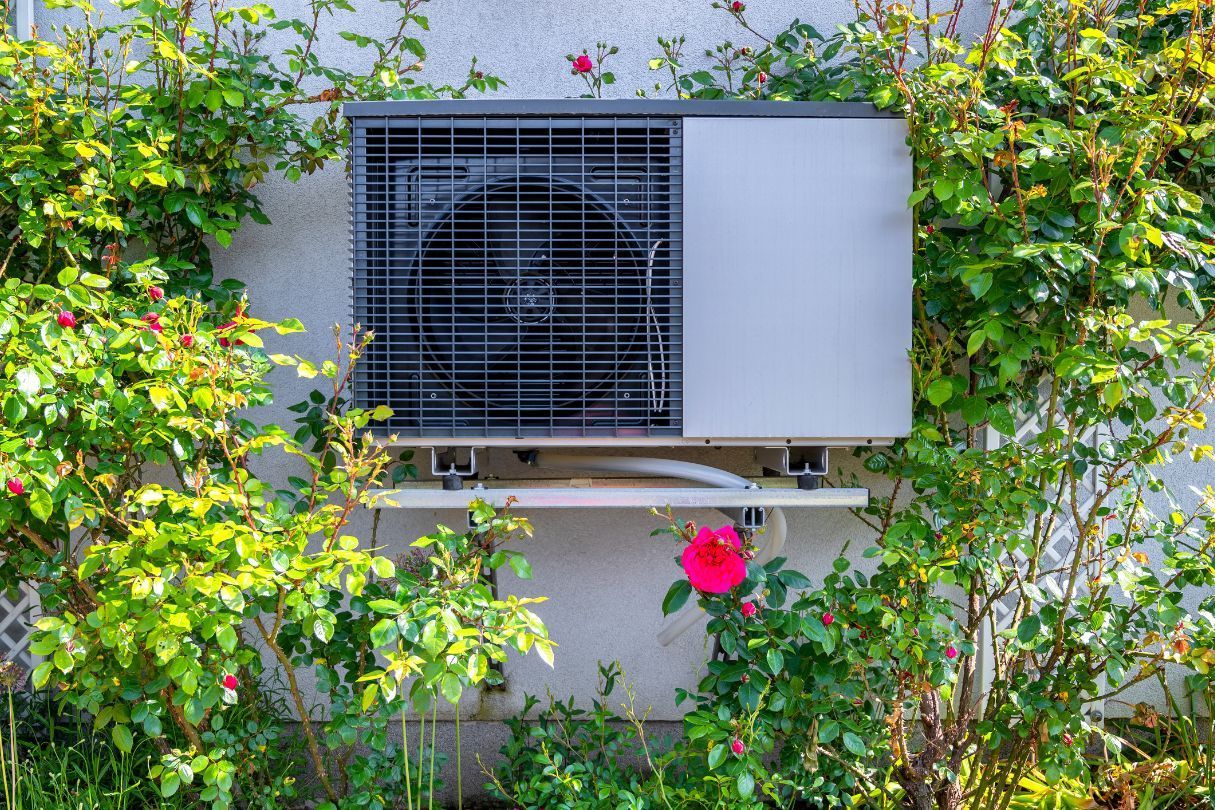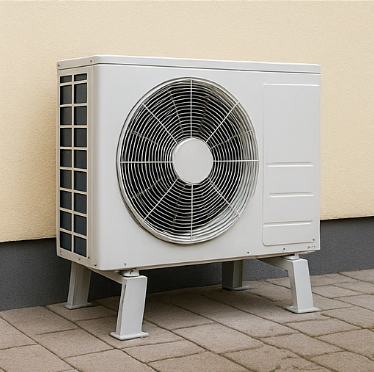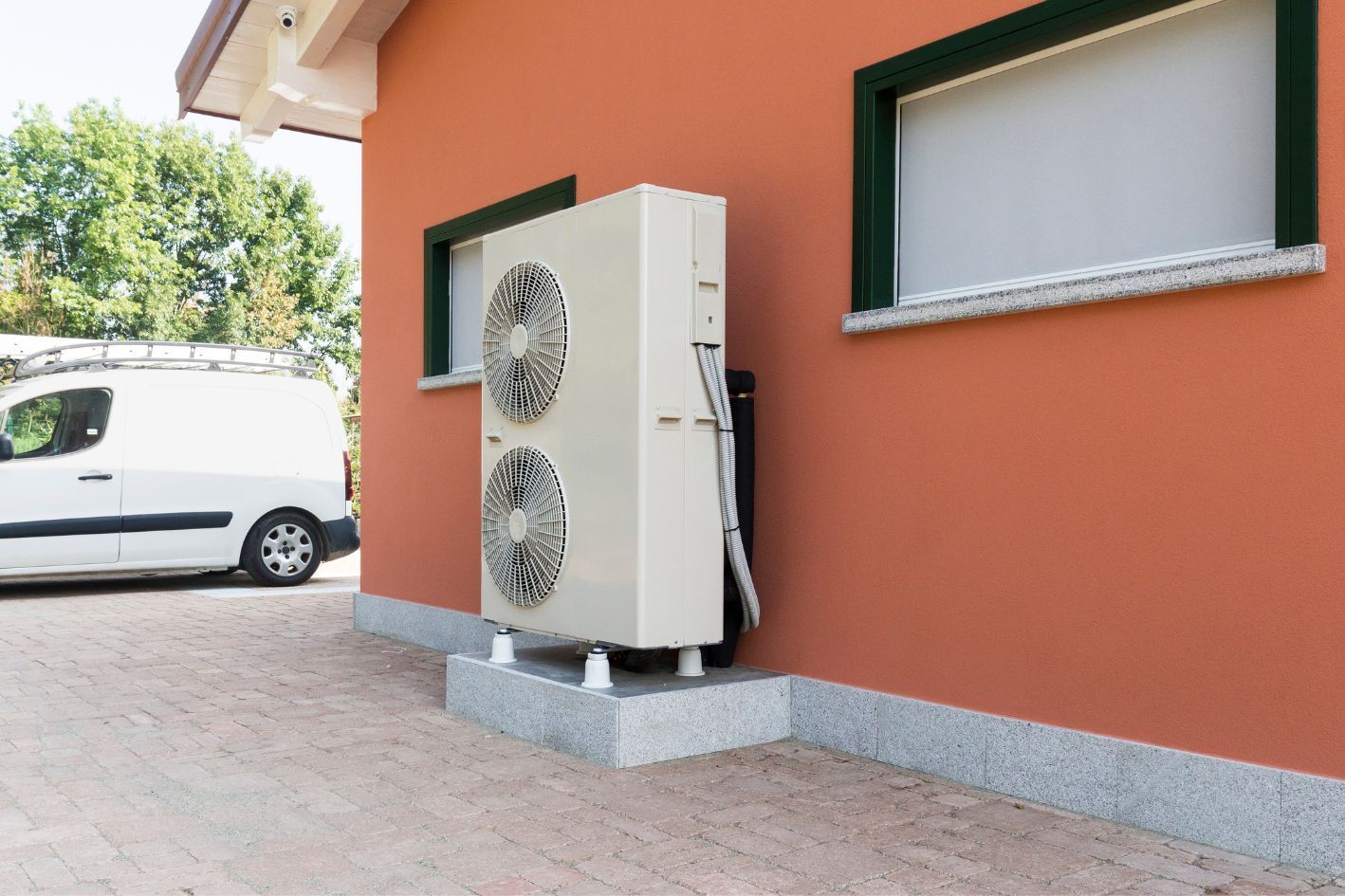System Comparison: Air Source Heat Pumps vs. Oil Heating

There are a number of ways to
heat and
cool your home, each with their own
advantages and disadvantages. Air source heat pumps and oil heating are two
common heating systems used in many homes. In this blog post, we'll
compare these two heating systems, to make sure you choose the best fit for your home, allowing you to be
cost-effective and create the upmost
comfort for your family.
Efficiency
Air source heat pumps work by drawing in heat from the
outside air and
transporting it inside to heat your home, making it an extremely
energy-efficient
system. This technology can actually create
more energy than it
requires to work, resulting in
cheaper energy bills and
decreased carbon emissions. On the contrary,
oil heating systems utilise oil to produce heat, which is more
expensive and far
less
efficient in the long run. Air source heat pumps are considered to be far more
environmentally friendly than oil-fired heating systems.
Cost
The cost of
installing an air source heat
pump is likely to be more than the installation of an
oil heating system, however, air source heat pumps have
cheaper long-term operating costs due to them requiring
less energy. Oil heating systems are
reliant on the fluctuating price of oil, which is certain to result in
unpredictable heating costs. Long term, air source heat pumps
save you money and provide you more
consistent heating and cooling solutions.
Environmental Impact
Due to the fact that oil heating systems require the
burning of fossil fuels, air source heat pumps are a much
greener heating solution, requiring
renewable energy. Oil heating systems generate
harmful substances and greenhouse gas
emissions. Investing in an air source heat pump will dramatically
reduce your carbon
footprint and contribute to a
greener future.
Comfort & Performance
Air source heat pumps allow you to precisely control the temperature of your home in order to provide consistent heating and cooling throughout the year, regardless of the temperature outside. Oil heating systems have the ability to provide strong and steady heat, however they are less efficient and will likely need more maintenance to allow for optimum performance.
Maintenance & Longevity
Both air source heating systems and oil heating systems should be carefully maintained in order to keep them performing optimally, however, air source heat pumps are prone to having a longer lifespan. Oil heating systems may require more frequent maintenance and be affected by fluctuations in oil pricing and availability. Air source heat pumps are generally the more trustworthy of the two systems.
Air source heat pumps surpass oil heating systems with regard to energy efficiency, affordability, and impact on the environment. While oil systems produce great heat for your home, they are also much more impactful on the environment and more costly. When selecting the best heating and cooling system for your home, bear in mind the long-term benefits of air source heat pumps, such as energy-efficiency, cost savings, environmental sustainability, and general performance.











